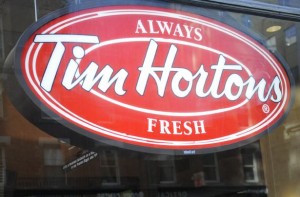During the lecture, there was a clicker question asking whether or not we think the Euro should be eliminated and I chose “no,” because of the several negative effects that might arise if it is indeed abolished. Though, there are a few advantages of the elimination of the Euro such as, the liberty from the “economic prison” that the Eurozone countries have been trapped in. One of the negative effects discussed in class was that the countries Greece owes money to (i.e. France, Germany, Italy) would suffer, since they would not be paid back in full value. Further, trade would be not as convenient if the Euro is abolished. Also, the introduction of a new currency would not be as strong in value and in turn, increase the cost of imports Greece purchases. Further, the people who have money in a bank account would be disadvantaged with the exit of the Euro.
In John Cochrane’s blog, he states that the elimination of the Euro is the “same as the government seizing bank accounts.” The citizens would not be able to make any purchases with the money that they had. In addition, the confidence in banks, for example in Italy, would plunge and other countries would not want to invest/purchase the Euro, causing a decrease in demand and depreciation of its value. Therefore, these factors lead to the reasoning behind why a “grexit” should not take place.
Read John Cochrane’s Blog About the “Euro Explosion:”
Cochrane, John. “Euro Explosion.” The Grumpy Economist. N.p., 15 June 2012. Web. 25 Oct. 2012. <http://johnhcochrane.blogspot.ca/2012/06/euro-explosion.html>.
Photo Credits:
Will Greece Be Forced to Reintroduce the Drachma? N.d. Photograph. Radio Free Europe. Reuters, 15 June 2012. Web. 25 Oct. 2012. <http://www.rferl.org/content/what-happens-if-greece-quits-the-euro/24615224.html>.




